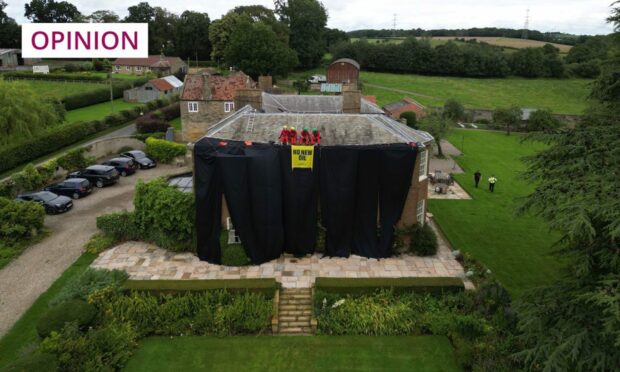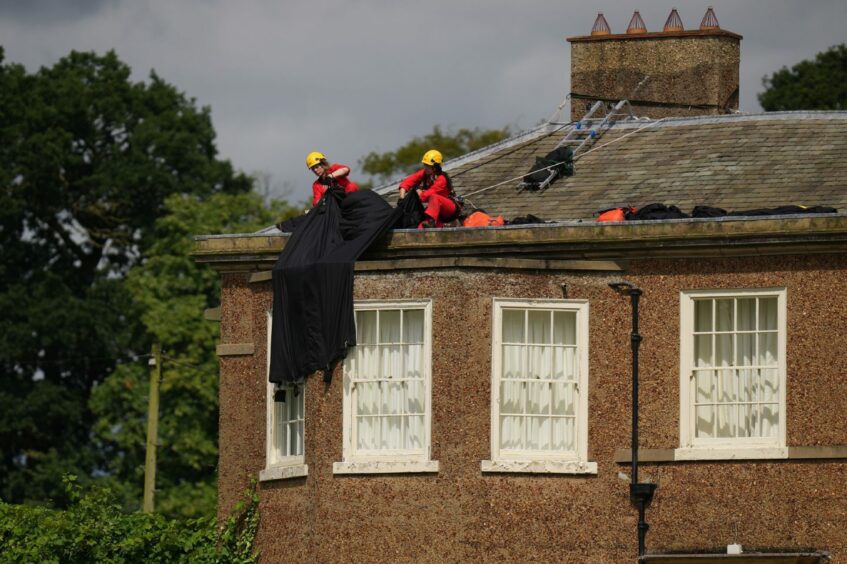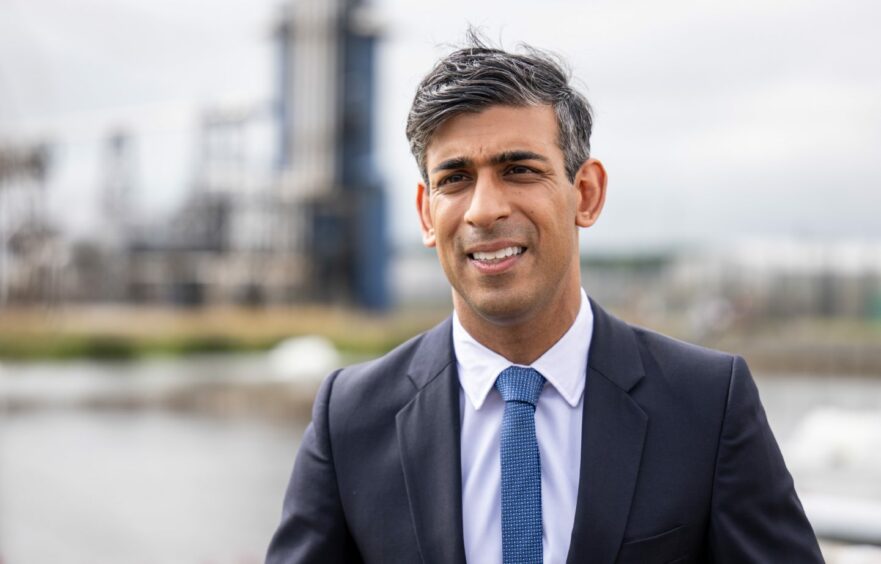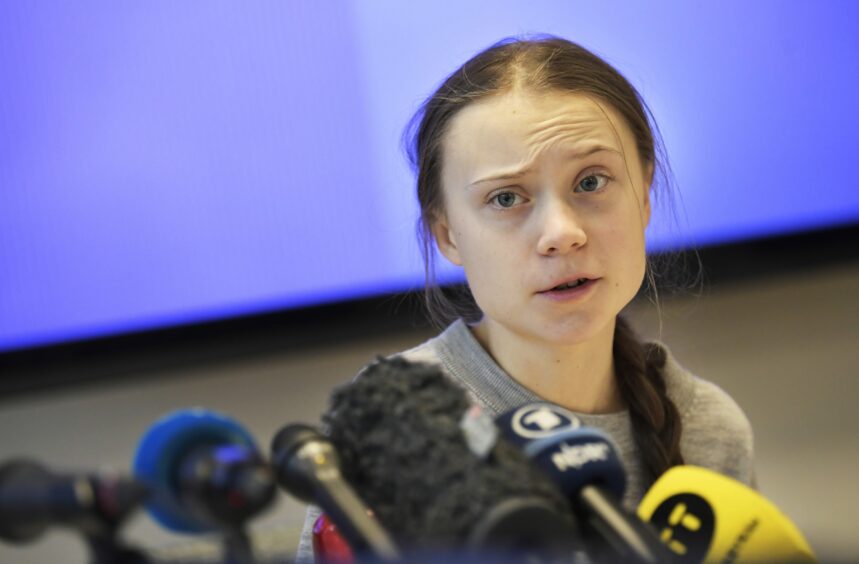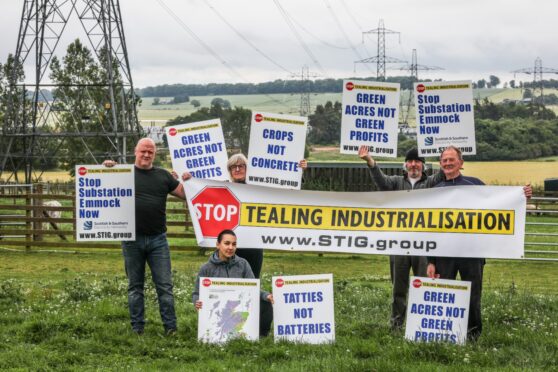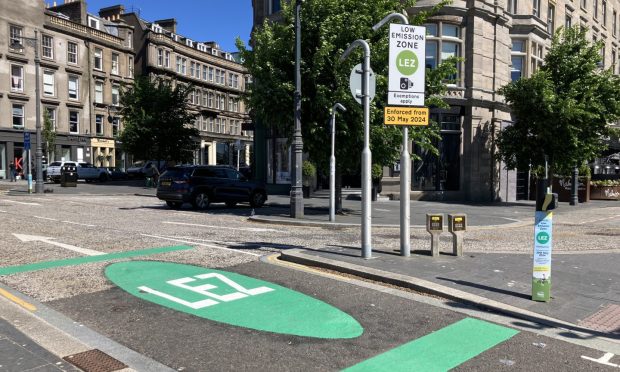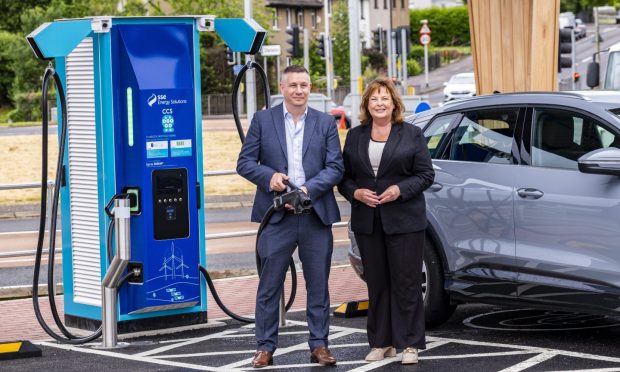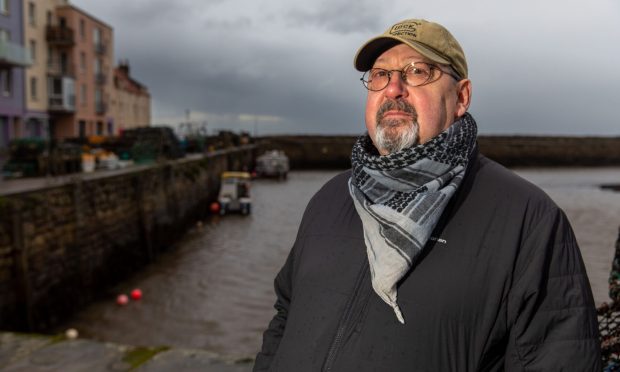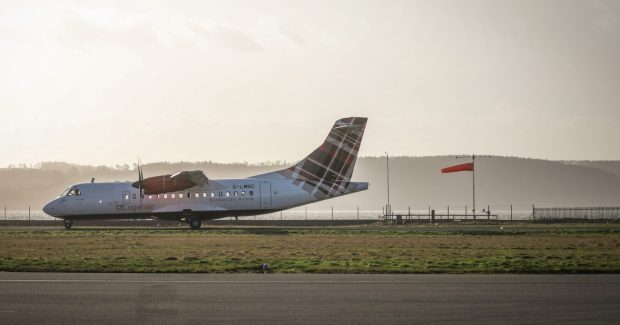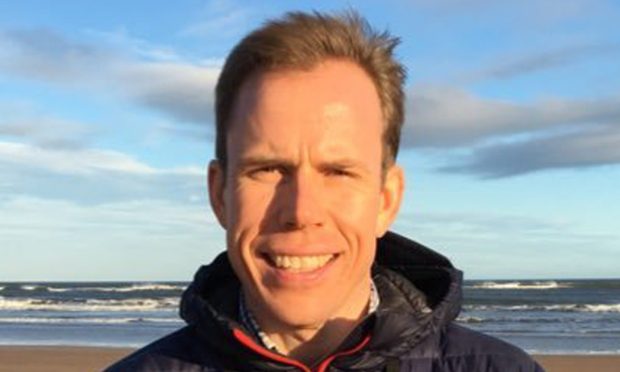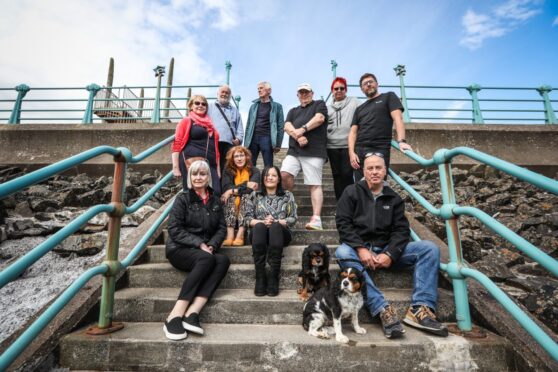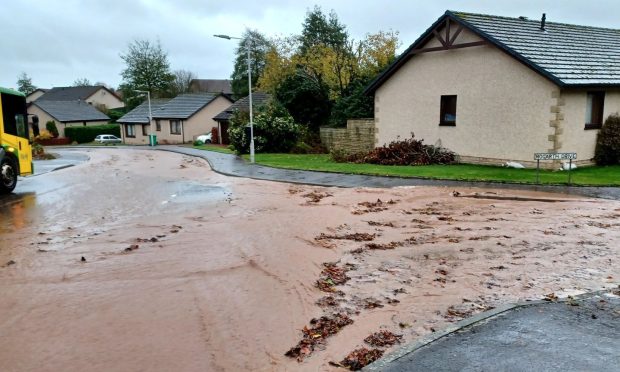The goodship Greenpeace set sail for the first time off the coast of Alaska in 1971 to try and stop a US nuclear weapons test.
Now into its 5th decade of political activism across the globe, their tactics are broadly the same.
They seek to obstruct or destruct in order to garner attention for their cause of environmentalism.
It’s frankly astonishing that the prime minister’s home security is so poor that they were able to scale his roof and unveil their banners before anyone noticed.
Was it poor because he was so clearly off on his holidays? The Greenpeace protest took place just hours after pictures of Mr Sunak enjoying the delights of Santa Monica Pier with his family were released. Or is it always this loose?
That’s my first concern in a political climate where democratically elected members of Parliament face daily abuse and regular threats of violence. Lest we forget that two Members of Parliament have been murdered going about their daily business in recent times.
Of course, I’m not suggesting for a second that Greenpeace activists pose any physical threat to the PM or his associates. Their tactic is simply to get our attention. Combined with the actions of groups like Just Stop Oil, they’ve got it.
But to what end?
I’m increasingly convinced activists like these have made a big mistake with their persistent radicalism, their presentation of climate change as a moral crusade.
Tackling climate change is both a moral crusade and an economic imperative
Which of course it is, especially when you understand that the price of failing to address climate change will be felt most severely by the poorest people not just in this country but across the globe.
No, the mistake has been to try and get us, the average citizen, as angry and outraged as they are. Rather than seek to persuade, nudge and encourage us to make better decisions.
Tackling climate change is both a moral crusade and an economic imperative.
We know that fossil fuels are both running out and becoming more expensive to extract.
We also know the basic laws of economics when you have a finite resource and increased demand. Prices will continue to rise and many people will be poorer as a consequence.
It will affect the food we eat, what we drive, how we heat our homes, the clothes we wear, the products we buy. It will impact everything. We can at least reduce that impact or stop it by investing in the alternative, but that means making hard decisions now so that life is more bearable in five, 10, 20 years time.
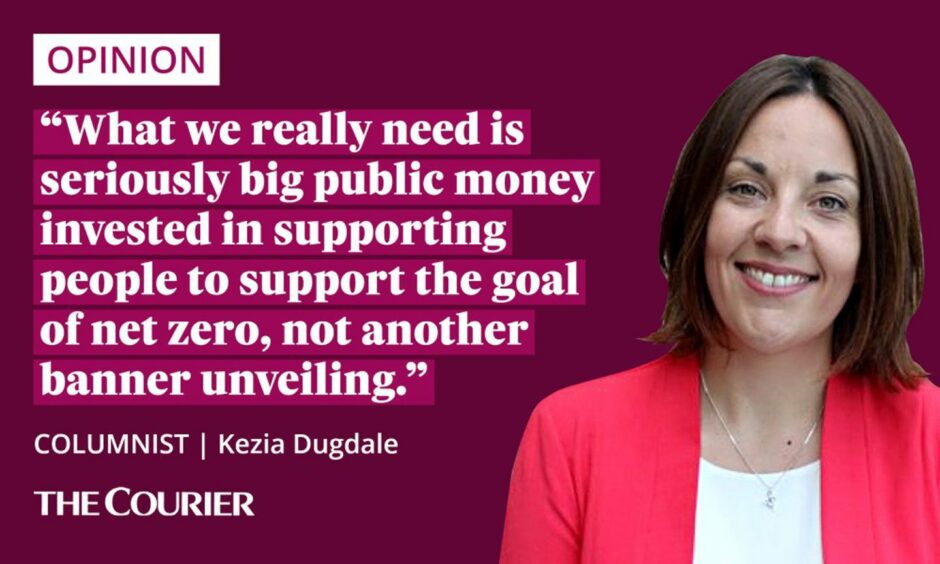
Climate change is just like talking tax in the eyes of public opinion.
Ask your average voter if they think people should pay more taxes to fund the things we care about like the NHS and the school system, the public will overwhelming say yes.
Ask them again if they think they should pay more for public services and you’ll get a very different answer.
Polling shows voters do care about climate change, but they care about their own pocket and family finances more.
The way to get more ambitious climate change policies to be popular is to present them wholly as ways to make people more economically secure and prosperous. I hear so few people making this case.
Anger on low emission zones is at lack of help
Its commonly understood that Labour lost the Uxbridge By-election because of it’s policy on ultra low emission zones.
I suspect that’s a big exaggeration that over generalises the reality.
People understood that getting old polluting cars off the streets was key to improve air quality. But they needed financial help to change their cars and vans in order to avoid the fines.
The anger was not at the idea itself but the fact they were left helpless in the face of it. What we really need is seriously big public money invested in supporting people to support the goal of net zero, not another banner unveiling.
Book festival is calm serenity in chaos of Edinburgh Fringe
I found myself in Edinburgh on the first day of the fringe festival and was met instantly by a wall of suitcases and tourists looking bewildered.
I spent many years as a citizen of Edinburgh and held mixed feelings about the month of August.
On the one hand there’s no place better in the world to be if you have time and money to spend. The city is alive with art, culture and accents from all over the world.
On the other hand, it’s the worst place to be if you are working in the city as I so often was. A 10 minute walk up the Royal Mile takes at least three times that. Forget getting a taxi from east to west or north to south.
Now as a proud Fifer, my trips to Edinburgh this month will be sparing and limited to a few book festival events.
I love the book festival for its calm serenity. The fact that you can just turn up and watch events for free on the big screen whilst also watching the world go by.
It hasn’t even started yet but its already making headlines with Greta Thunberg pulling out of her event.
Apparently she’s only just noticed who the sponsors of the book festival are and wants to draw attention to their record of investing in fossil fuels.
Fair enough, but I’m sure festival goers will feel a little played by that protest.
